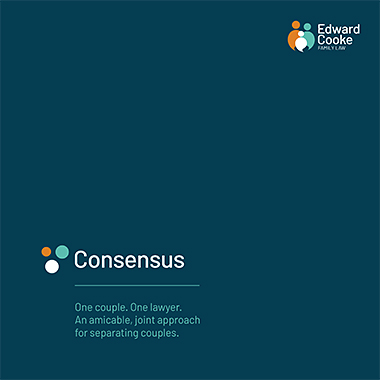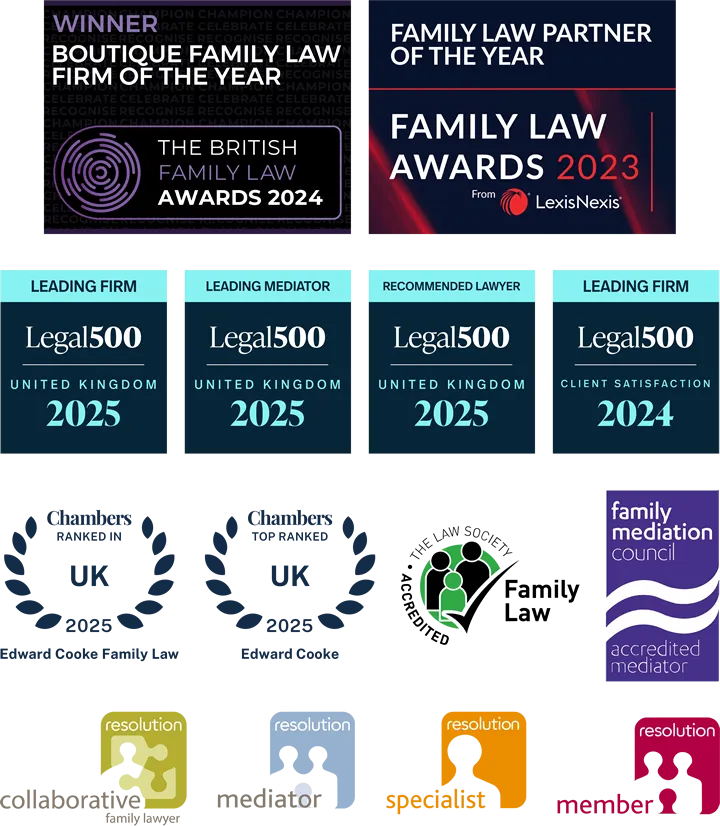Consensus – you agree matters with one lawyer through a series of joint meetings with your Consensus Lawyer, who can give you advice together. Other professionals can assist where required.
Mediation -you meet with an independent mediator whose role is to assist you in reaching agreement. You may choose to have independent legal advice from separate solicitors alongside the process. Other professionals can assist where required.
Hybrid Mediation – similar to mediation however in hybrid mediation, the couple is often supported in meetings by their respective lawyers. The mediator can “hold confidences” and have separate meetings with the parties and their lawyers so as to enable difficult issues to be resolved.
Collaborative Practice – both parties are supported by their own collaboratively trained lawyers to find solutions that work for the family. Other professionals can assist where required.




